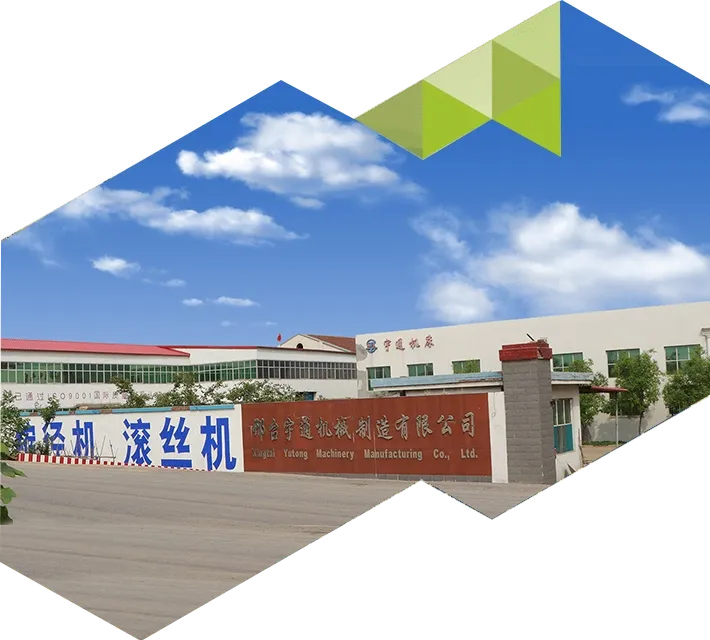
-
 Afrikaans
Afrikaans -
 Albanian
Albanian -
 Amharic
Amharic -
 Arabic
Arabic -
 Armenian
Armenian -
 Azerbaijani
Azerbaijani -
 Basque
Basque -
 Belarusian
Belarusian -
 Bengali
Bengali -
 Bosnian
Bosnian -
 Bulgarian
Bulgarian -
 Catalan
Catalan -
 Cebuano
Cebuano -
 Corsican
Corsican -
 Croatian
Croatian -
 Czech
Czech -
 Danish
Danish -
 Dutch
Dutch -
 English
English -
 Esperanto
Esperanto -
 Estonian
Estonian -
 Finnish
Finnish -
 French
French -
 Frisian
Frisian -
 Galician
Galician -
 Georgian
Georgian -
 German
German -
 Greek
Greek -
 Gujarati
Gujarati -
 Haitian Creole
Haitian Creole -
 hausa
hausa -
 hawaiian
hawaiian -
 Hebrew
Hebrew -
 Hindi
Hindi -
 Miao
Miao -
 Hungarian
Hungarian -
 Icelandic
Icelandic -
 igbo
igbo -
 Indonesian
Indonesian -
 irish
irish -
 Italian
Italian -
 Japanese
Japanese -
 Javanese
Javanese -
 Kannada
Kannada -
 kazakh
kazakh -
 Khmer
Khmer -
 Rwandese
Rwandese -
 Korean
Korean -
 Kurdish
Kurdish -
 Kyrgyz
Kyrgyz -
 Lao
Lao -
 Latin
Latin -
 Latvian
Latvian -
 Lithuanian
Lithuanian -
 Luxembourgish
Luxembourgish -
 Macedonian
Macedonian -
 Malgashi
Malgashi -
 Malay
Malay -
 Malayalam
Malayalam -
 Maltese
Maltese -
 Maori
Maori -
 Marathi
Marathi -
 Mongolian
Mongolian -
 Myanmar
Myanmar -
 Nepali
Nepali -
 Norwegian
Norwegian -
 Norwegian
Norwegian -
 Occitan
Occitan -
 Pashto
Pashto -
 Persian
Persian -
 Polish
Polish -
 Portuguese
Portuguese -
 Punjabi
Punjabi -
 Romanian
Romanian -
 Russian
Russian -
 Samoan
Samoan -
 Scottish Gaelic
Scottish Gaelic -
 Serbian
Serbian -
 Sesotho
Sesotho -
 Shona
Shona -
 Sindhi
Sindhi -
 Sinhala
Sinhala -
 Slovak
Slovak -
 Slovenian
Slovenian -
 Somali
Somali -
 Spanish
Spanish -
 Sundanese
Sundanese -
 Swahili
Swahili -
 Swedish
Swedish -
 Tagalog
Tagalog -
 Tajik
Tajik -
 Tamil
Tamil -
 Tatar
Tatar -
 Telugu
Telugu -
 Thai
Thai -
 Turkish
Turkish -
 Turkmen
Turkmen -
 Ukrainian
Ukrainian -
 Urdu
Urdu -
 Uighur
Uighur -
 Uzbek
Uzbek -
 Vietnamese
Vietnamese -
 Welsh
Welsh -
 Bantu
Bantu -
 Yiddish
Yiddish -
 Yoruba
Yoruba -
 Zulu
Zulu
steel bar thread rolling machine product
The Mechanics and Applications of Steel Bar Thread Rolling Machines
Thread rolling machines, particularly those designed for steel bars, perform a crucial role in industrial manufacturing. These machines utilize specialized engineering processes to create threads on steel bars with remarkable precision and efficiency. As industries continue to evolve and demand higher standards, understanding the mechanics, applications, and advantages of steel bar thread rolling machines becomes essential for manufacturers and engineers alike.
Understanding Thread Rolling Technology
Thread rolling is a cold working process that uses compressive forces to form threads on a workpiece. Unlike cutting methods, which create threads by removing material, thread rolling reshapes the material, resulting in a stronger, more robust thread. The process involves placing a steel bar between two threaded rollers. As the rollers turn, they impart their thread patterns onto the bar, effectively rolling the material into the desired shape.
The advantages of this method are manifold. For one, thread rolling increases the tensile strength of the steel by creating a denser grain structure. Additionally, this process produces threads with superior dimensional accuracy and surface finish, thus reducing the need for secondary operations such as machining or polishing.
Types of Thread Rolling Machines
There are several types of thread rolling machines, each designed to accommodate different sizes and specifications of steel bars. The two main categories are flat die and cylindrical die rolling machines.
1. Flat Die Machines These machines employ two flat dies that contain engraved thread profiles. They are ideal for creating uniform threads on flat sections of steel bars. Flat die machines are typically used for smaller production runs or when dealing with lightweight materials.
2. Cylindrical Die Machines These machines feature cylindrical rollers with concave thread patterns. They are more versatile and commonly used for larger-scale productions. Cylindrical die machines can accommodate variations in size and are well-suited for high-volume manufacturing.
Applications in the Industry
The applications of steel bar thread rolling machines are extensive. They are commonly utilized in the manufacturing of fasteners, bolts, and screws, where precision threading is paramount. The automotive, aerospace, and construction industries heavily rely on these components.
steel bar thread rolling machine product

In the automotive sector, vehicle assembly lines depend on high-quality threaded bars for assembling various parts. Likewise, in construction, threaded steel bars are used for rebar, anchoring systems, and structural components, ensuring the durability and safety of buildings and infrastructure.
The energy sector, particularly in oil and gas drilling, also benefits significantly from thread rolling technology. Steel bars with precision threads are used in the construction of drilling pipes and other equipment that necessitate high tensile strength to withstand extreme conditions.
The Advantages of Steel Bar Thread Rolling Machines
The introduction of steel bar thread rolling machines has led to several advantages in manufacturing
1. Cost Efficiency Although the initial investment in advanced machinery may be high, the long-term savings from reduced material waste and enhanced production efficiency justify this cost.
2. High Production Rates These machines can operate at high speeds, enabling manufacturers to produce large volumes of threaded components with minimal downtime.
3. Improved Thread Quality Achieving superior surface finishes and precise dimensions leads to higher quality products, which enhances customer satisfaction and opens doors to new markets.
4. Reduced Material Handling With the automation of the thread rolling process, the need for manual labor and handling is significantly decreased, leading to improved safety and efficiency on the production floor.
Conclusion
In conclusion, steel bar thread rolling machines have revolutionized the way threaded components are manufactured. Through innovative design and engineering, these machines provide unparalleled efficiency, accuracy, and quality. As industries continue to grow and evolve, the reliance on high-performance tools like thread rolling machines will undoubtedly become even more pronounced. Understanding these machines is essential for anyone involved in manufacturing, ensuring the continued success and advancement of various industrial sectors.
